Heineken: product design
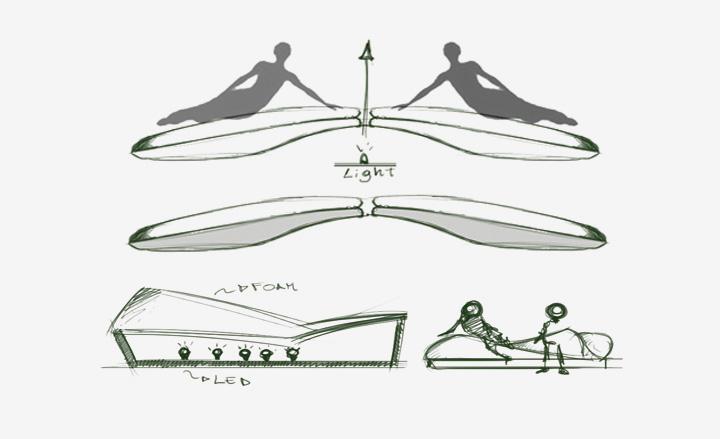
Product design
Furniture, fixtures, fittings, glassware; it is often the smallest details – as well as the big sounds, vast spaces and VIP rooms that really make a nightclub experience truly memorable. With design and innovation always central to its forward-thinking remit, Heineken has spent the last year on an exhaustive world tour, signing up young talent to help co-create the ultimate innovative concept nightclub.
Working under the guidance of leading design experts from a range of fields - interiors architecture, product design, graphic design, interactive and experiential design, identity design and fashion design the team then pooled its various talents, and was encouraged to explore the ‘science of social engagement’ and collaborate in the production of a boundary-pushing ‘concept club’ to be unveiled as a live event during the Milan’s Salone Del Mobile design festival, in April 2012.
During its global search for hot young design talent in the specialized product design discipline, Heineken came across the dream team designer duo of Emanuele Magini and Giuseppe Conca, both based in Milan, Italy and hooked them up with a mentor of vast experience and influence - Amsterdam’s Henk Stallinga. Here we catch up with the three Heineken designers...
Designer Emanuele Magini
Emanuele is a Milan-based furniture and product designer who likes to create playful designs often inspired by childhood memories. Emanuele’s ‘Lazy Football’ – a chair incorporating goal net under the seat –based on a boy-hood passion for football is typical of his work. “When I was very young, my love of football could not be completely fulfilled by playing all day in parks in my home town,” he explains. “So in the evenings I’d play at home with all sorts of balls. Then I started to watch sport on the sofa more than playing it on the field, which inspired my ‘Lazy Football’ chair.” Untidiness provided the inspiration for his Oscar table, which incorporates a small table top and umbrella stand. Other ideas include a radiator shaped like a clothes dryer and ‘Siesta’, an apple green bench incorporating a hammock.
Born in Arezzo in 1977, Emanuele Magini participated in the 11th Biennale of Mediterranean Artists back in 2003 with the project "terra di mezzo, un forum per la pace a Gerusalemme" (Middle ground, a forum for peace in Jerusalem). He graduated the year after from Milan Politecnico with a final dissertation on the semiotics of holidays. After graduation he worked in several different design and architecture studios such as Albera Monti & Associati, and Studio Rotella. He also worked in the field of scenography and set design for Disney Italy and for several Italian independent productions. He has won a variety of awards over the years (2009 - first prize Promosedia International Design Competition, 2010 - special mention at the Zanotta Cristalplant design competition, 2011 - first prize at IIRI Copper and Home international design Award; second prize at the Ghidini Design Competition) and has been published internationally. In 2010 Magini opened his own Studio. He collaborates and designs for Heineken, Campeggi, Seletti, Covo and Verona Fair.
Receive our daily digest of inspiration, escapism and design stories from around the world direct to your inbox.
Wallpaper*: Design wise, who or what has been your inspiration?
Emanuel Magini: I think that our objects, their structure and design, represent our vision of the world. When I design new shapes and forms, I try to describe, or maybe just encourage, new habits and behaviour to promote a more simple, ironic and funny life.
What is your favourite nightclub?
EM: Anywhere that has good people, good music, good drinks…!
Tell us about your input into the concept club
EM: My proposals were almost all focused to increase socialising and connecting people.
What is your ambition?
EM: Concluding and realising the next project
Designer Giuseppe Conca
Giuseppe works for Milan-based architecture and design outfit Studio Rotella. Born in Catanzaro he moved to Milan in 2007 where he studied at the European Institute of Design, graduating in Industrial Design with honours in 2009. Since then ha has worked with companies like Venditalia, the creative centre of Nike Italy, Design Innovation and Kenwood Italy. At Studio Rotella with the task of product designer, his portfolio of work ranges from sportswear designs for athletes and contemporary glass lighting for Venini, to an innovative space saving cooking pot that collapses for easy storage. Guiseppe’s futuristic aesthetic is shown in the designs he has created for the lounge chairs in the Heineken club.
Wallpaper*: Design-wise, who or what has been your inspiration?
Guiseppe Conca: I believe that to be a designer, we must observe and learn from people around us. The foundation of all my concepts is taken from events, experiences and what I see every day. The important thing is to learn from all of these factors, to give a connection between my project and society.
What is your favourite night club?
GC: TNT Club, Milan. It’s a converted garage - a large open space with a mix of different musical cultures. It is a multifunctional venue where you can see a photo exhibition while listening to a live concert. I love this place because sometimes it seems to be perfectly suspended between rock’n’roll past and present.
Tell us about your input into the concept club
GC: There are four keywords that I used to create my concepts for the club of the future: INNOVATION: the technology must help people through friendly systems. CONNECTION: It is important to involve the five senses to create interactions ADAPTABILITY: the environment must change to interact with people. SYMBIOSIS: the club has become our area; people need to feel comfortable in their environment.
What is your ambition?
GC: I hope to live other experiences of co-creation; Heineken has given me the opportunity to meet and relate to people from other countries, with ideas and thought patterns very different from mine. I have learnt learn so many things; it's wonderful when you have complete freedom of design. I also expect to have a lot of fun when our club pops up.
Mentor Henk Stallinga
Heineken’s chosen product design mentor Henk Stallinga founded Studio Stallinga, an internationally renowned, Amsterdam based industrial design firm back in 1993. Studio Stallinga designs, develops and produces a range of products for a diverse range of industries, from audiovisual equipment to clocks, from packaging to furniture (indoor and outdoor) and specialised bar and club accessories; trays, ice buckets, bottle openers etc. In addition, Stallinga designs home accessories and lighting for his own, independently produced label available through distributors in Tokyo, Milan and the US.
Henk’s philosophy is to challenge the relationship between products and perception, imagination and experience. His objects are conceived as a whole in which the technical, functional and materiality of the objects are related. His work is often called original, poetic and witty, and is represented in the number of collections in museums around the world, including the Stedelijk Museum (Amsterdam), the Museum of Modern Art (New York), San Francisco Museum of Modern Art, Louisiana Museum of Modern Art in Humlebaek and the National Designmuseum in Copenhagen. Exhibitions to his credit include Optical Realities, currently in Milan, Van Gogh Museum (Amsterdam) – ‘Design Estafette’, and Hara museum of Contemporary Art (Tokyo). Henk also produces commissioned work for international brands, including the Cubic Line and the Extra Cold range for Heineken International.
Wallpaper*: Tell us about your experience with Heineken’s project?
Henk Stallinga: Open Design Explorations offers any upcoming designer the opportunity to gain real life industry experience on an international level.
What is the most important element of the nightclub experience for you?
HS: Exclusivity - meaning that it is a special experience that you could never find in the everyday. Long queues and no service at the bar really frustrate me about nightclub design.
What is the most exciting development in nightclub design?
HS: For me it is VJs – video jockeys. They make the music literally visible which completes the total nightclub design and environment.
How has the design world changed since you began your career?
HS: When I first started out there was the idea of ‘star designers’. Now the term design has turned into an all comprehensive ‘concept’ rather than just the discipline it used to refer to. Design has been ‘democratised’ - it is from, by and for everybody.
What is your prediction for the future of nightclubs?
HS: My prediction for the future of nightclub design comes back to music. I think design will adapt and be influenced by the music of that moment.
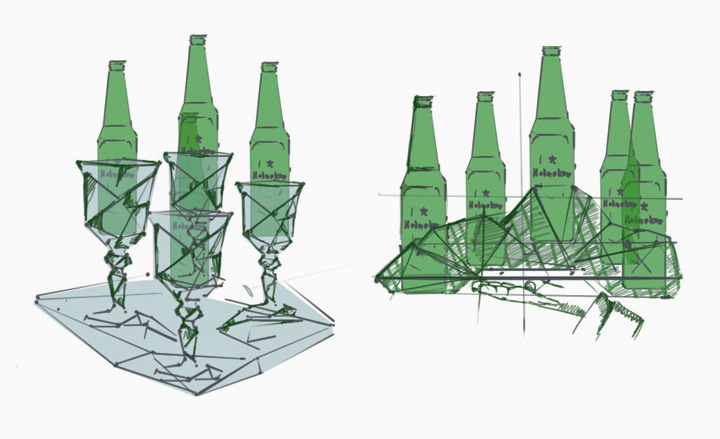
Club designs: Innovative serving trays and beer holders inspired by the origami concept that flows throughout the club, Giuseppe Conca, ODE designer
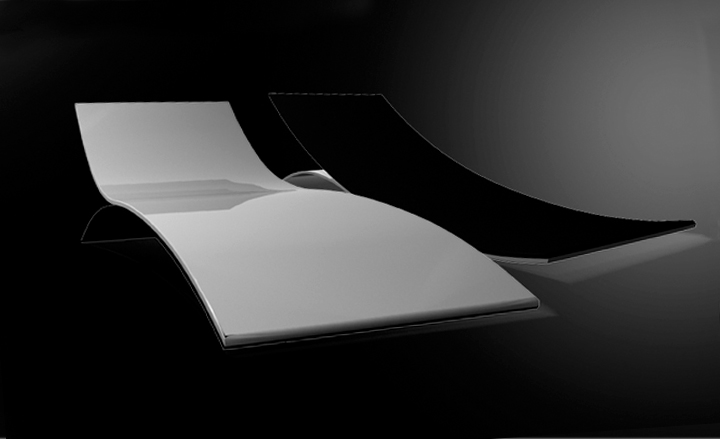
ODE designer Giuseppe Conca portfolio: Chaise long. Two simple lines combined with glossy white and matte black to create modular seating
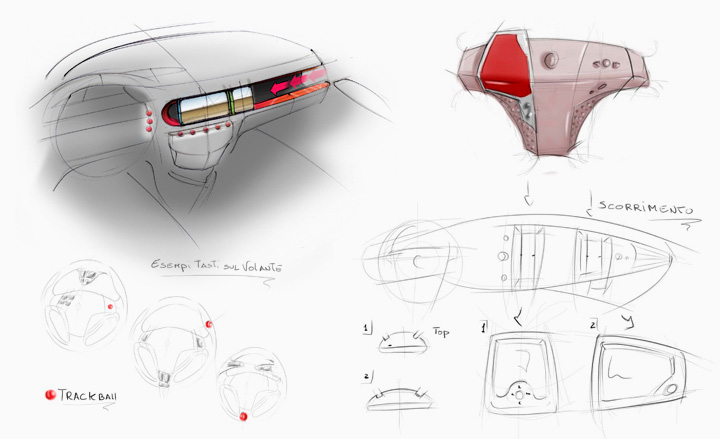
ODE designer Giuseppe Conca portfolio: research for an innovative car dashboard
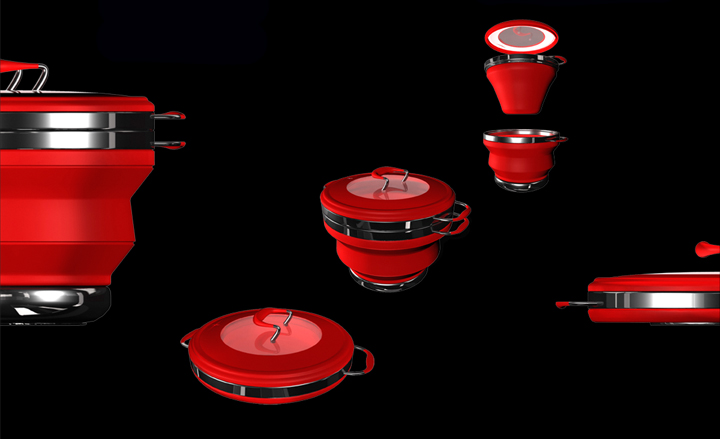
ODE designer Giuseppe Conca portfolio: a hybrid cooking pot, the combination of aluminum and silicon allows the product to change its shape, reducing the space it takes up in the kitchen
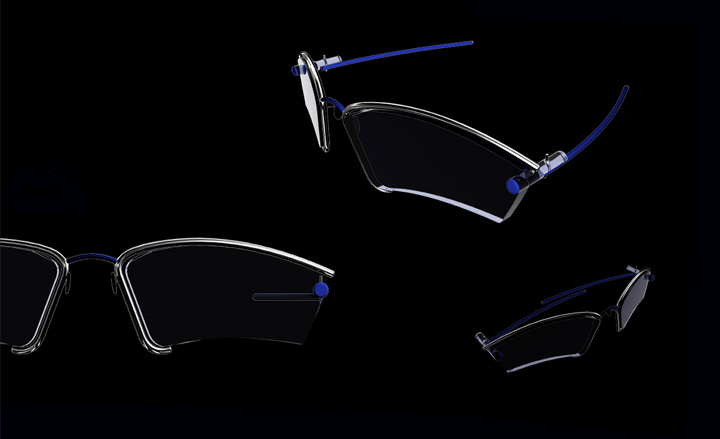
ODE designer Giuseppe Conca portfolio: performance sunglasses
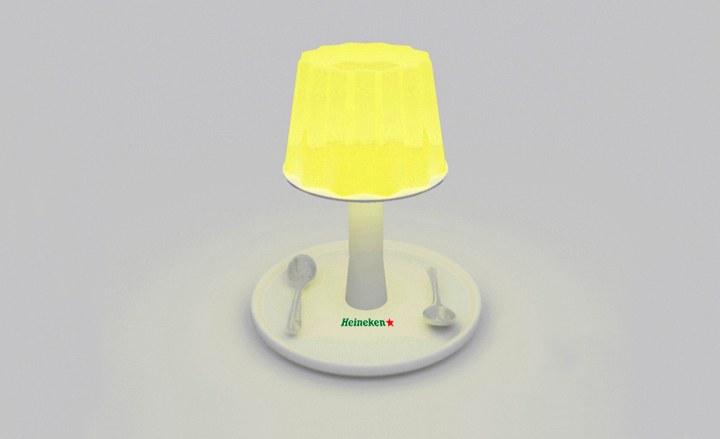
Club designs: edible Heineken lamp, Emanuele Magini, ODE designer
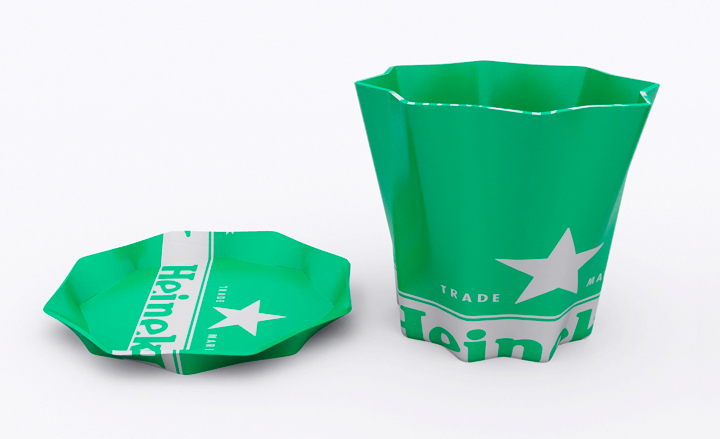
Club designs: Ice bucket and tray inspired by origami, Emanuele Magini, ODE designer
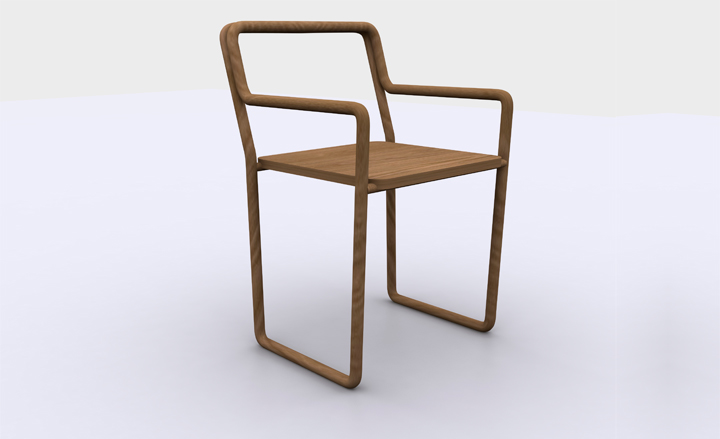
ODE designer Emanuele Magini portfolio: the design won first prize in the Promosedia International Design competition, 2009
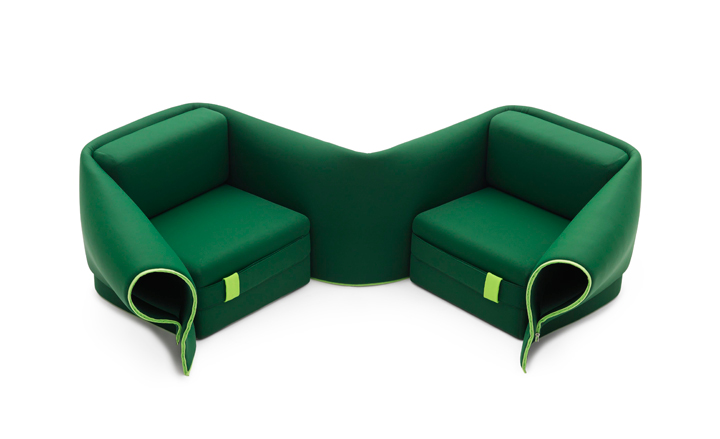
ODE designer Emanuele Magini portfolio: two armcharis, one sofa
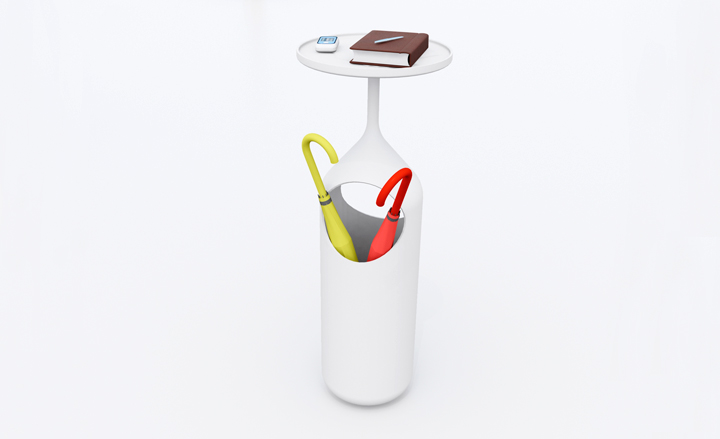
ODE designer Emaunele Magini portfolio: Umbrella stand, Zanotta&Cristalplant design contest 2010
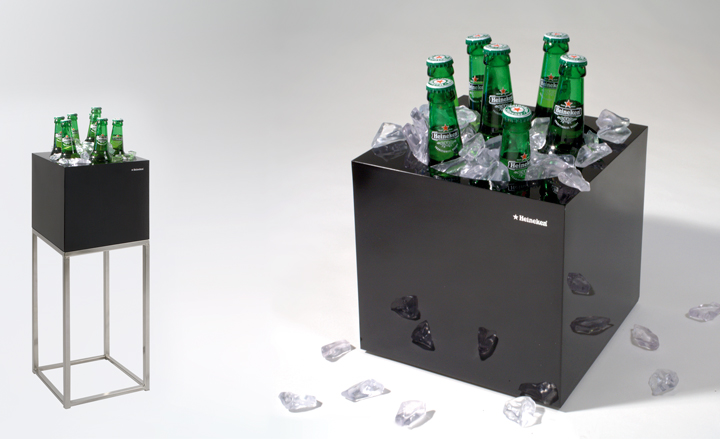
Mentor Henk Stallinga portfolio: Cubic Line ice bucket and stand designed for Heineken
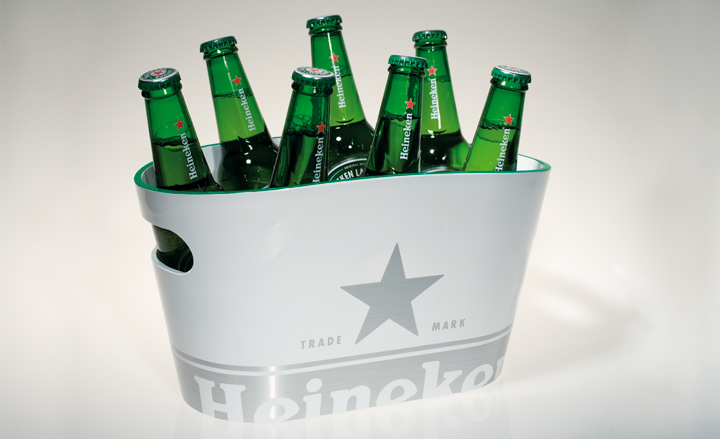
Mentor Henk Stallinga portfolio: Cubic Line White ice bucket designed for Heineken
Rosa Bertoli was born in Udine, Italy, and now lives in London. Since 2014, she has been the Design Editor of Wallpaper*, where she oversees design content for the print and online editions, as well as special editorial projects. Through her role at Wallpaper*, she has written extensively about all areas of design. Rosa has been speaker and moderator for various design talks and conferences including London Craft Week, Maison & Objet, The Italian Cultural Institute (London), Clippings, Zaha Hadid Design, Kartell and Frieze Art Fair. Rosa has been on judging panels for the Chart Architecture Award, the Dutch Design Awards and the DesignGuild Marks. She has written for numerous English and Italian language publications, and worked as a content and communication consultant for fashion and design brands.